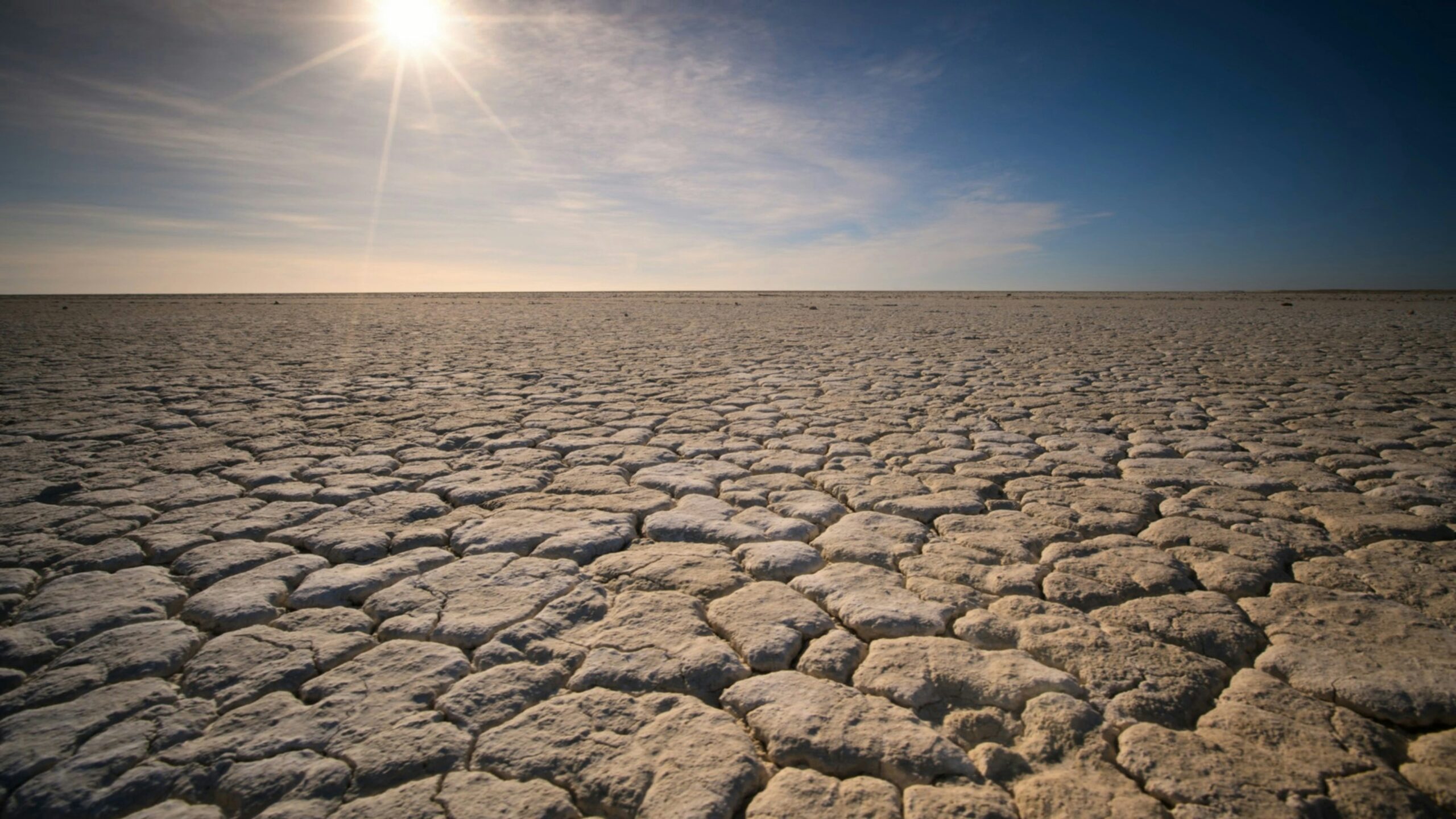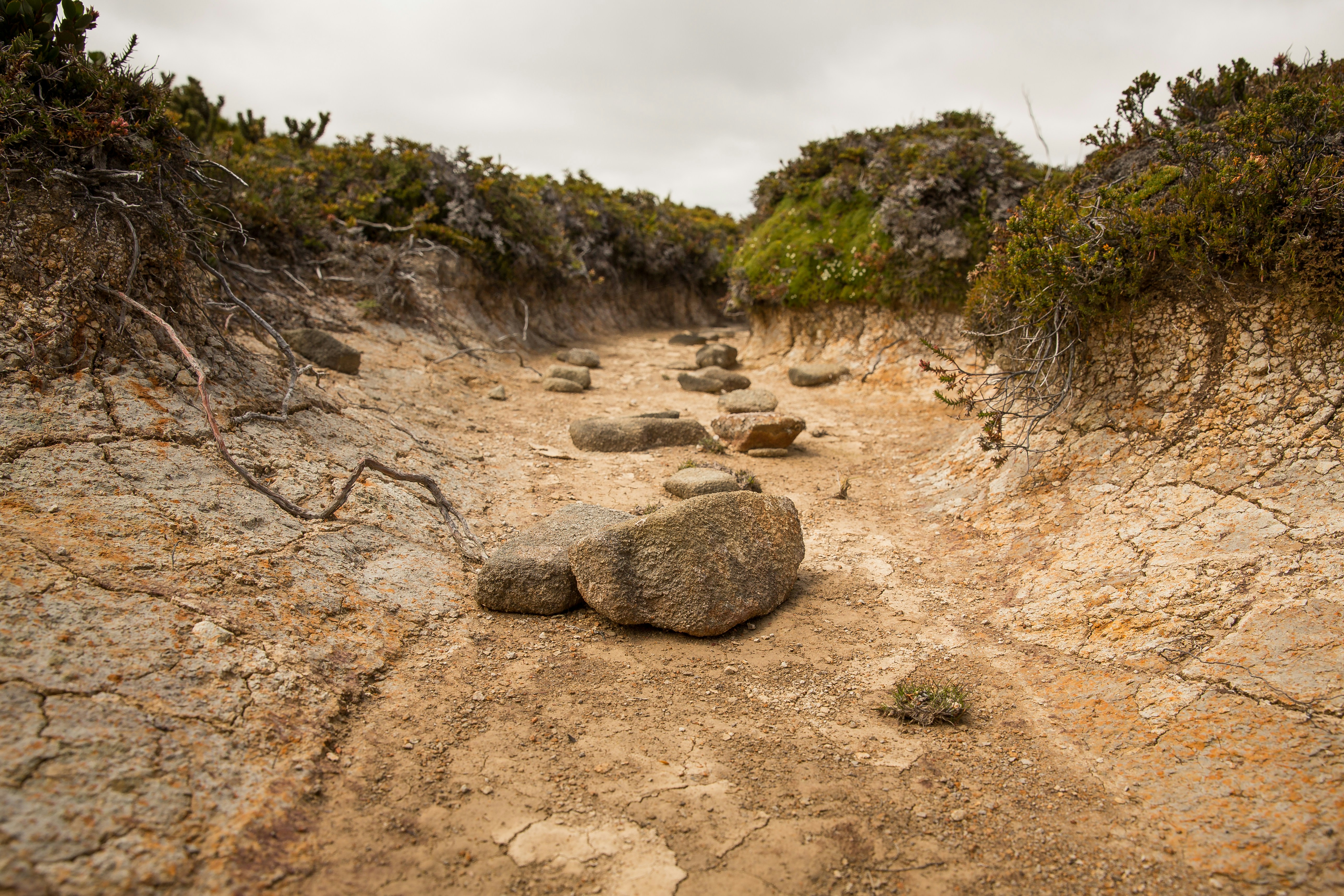In the small community of Pine, residents are facing a growing concern: their water wells are drying up. One brave resident has decided to take matters into her own hands and appeal to the Legislature for a solution. With water scarcity becoming an increasingly pressing issue, it’s crucial that steps are taken to address the problem and protect the livelihoods of those affected. This article explores the challenges faced by Pine residents and the urgent need for action to ensure access to this vital resource.

Background on Pine resident’s concerns
Water wells in Pine drying up
Residents of Pine, a small town located in [State], have been raising concerns about the drying up of water wells in their community. Many residents rely on these wells for their daily water needs, including drinking, cooking, and bathing. The decreasing water levels in the wells have become a major cause for concern among the residents, leading them to seek intervention from the local legislature.
Resident’s plea to the Legislature
In a heartfelt plea to the Legislature, a representative of the Pine community expressed their concerns about the drying water wells. They highlighted the importance of access to clean water for the well-being and safety of the residents. The representative urged the Legislature to take immediate action to address the issue and ensure that the community has a reliable and sustainable water supply.
The need for action
The concerns raised by the Pine residents regarding the drying up of their water wells highlight an urgent need for action. Access to clean water is a fundamental human right, and the drying wells not only affect the daily lives of the residents but also pose significant health and safety risks. It is crucial for the Legislature to acknowledge these concerns and work towards finding effective solutions to ensure the well-being and sustainability of the community.
Impact of drying water wells
Decreased access to clean water
The drying up of water wells in Pine has led to a significant decrease in access to clean water for the residents. Clean and safe water is essential for basic daily activities, such as drinking, cooking, and hygiene. Without an adequate and reliable water supply, residents are forced to find alternative sources of water or limit their water usage, which can have severe impacts on their well-being and quality of life.
Health and safety concerns
The drying water wells also raise significant health and safety concerns for the community. Without access to clean water, residents may be at risk of waterborne diseases and infections. Additionally, the limited water supply may lead to poor sanitation practices and inadequate hygiene, further exacerbating health risks. Ensuring access to a reliable and clean water source is crucial for maintaining the health and well-being of the Pine community.
Impact on agriculture and livestock
The drying water wells not only affect the residents’ daily water needs but also have a significant impact on agriculture and livestock. Many residents in Pine rely on agriculture and livestock for their livelihoods. The lack of water can hinder agricultural production, leading to decreased crop yields and economic losses for farmers. Livestock may also suffer from dehydration and lack of sufficient water for their needs. The drying up of water wells has far-reaching implications for the overall sustainability and economy of the community.
Possible causes of water well drying
Drought conditions
One possible cause of the drying up of water wells in Pine could be the prevalence of drought conditions. Drought can lead to a decrease in rainfall and, consequently, a decrease in the natural recharge of groundwater sources. As a result, water levels in wells can decline, leading to the drying up of wells over time. Drought conditions may be exacerbated by climate change, making it even more challenging to ensure a reliable water supply for the community.
Overuse of groundwater
Another potential cause of the drying water wells is the overuse of groundwater resources. If the community is heavily reliant on groundwater for various purposes, such as domestic, agricultural, and industrial needs, the continued extraction of water can surpass the rate of recharge, leading to a decline in water levels. Overuse of groundwater can deplete the available water resources and contribute to the drying up of wells.
Infrastructure issues
Infrastructure issues, such as leaks or inefficient water distribution systems, can also contribute to the drying up of water wells in Pine. If the infrastructure is outdated or poorly maintained, water loss can occur during distribution, resulting in reduced water availability for the residents. Identifying and addressing these infrastructure issues may be crucial in ensuring the sustainable use of water resources and preventing the drying up of wells.
Current regulations and policies
Laws governing water wells
There are existing laws and regulations that govern the drilling and operation of water wells in [State]. These laws outline the requirements and guidelines for constructing, maintaining, and monitoring water wells to ensure their safe and sustainable operation. Compliance with these laws is crucial to protect the quality and quantity of the groundwater resources and ensure the availability of clean water for the community.
Policies on water conservation
Water conservation policies are also an essential aspect of addressing the issue of drying water wells. These policies can include measures such as promoting efficient water use practices, encouraging the use of water-saving technologies, and implementing restrictions on water usage during times of scarcity. By adopting and implementing effective water conservation policies, the community can reduce the strain on water resources and mitigate the risk of water well drying.
Existing initiatives to address water scarcity
In recognition of the growing concerns regarding water scarcity, various initiatives have been implemented to address the issue at a regional and national level. These initiatives focus on promoting sustainable water management practices, investing in water infrastructure, and fostering collaboration between different stakeholders. By learning from the experiences and successes of these initiatives, Pine can identify strategies and best practices to address the drying of water wells and ensure the long-term availability of clean water for its residents.

Challenges faced by the Legislature
Balancing competing interests
The Legislature faces the challenge of balancing the competing interests involved in addressing the drying water wells in Pine. These interests may include the needs of the community, the economic considerations of different industries reliant on water resources, and the environmental impact of water management decisions. Striking a balance between these interests can be complex and requires careful consideration and collaboration among different stakeholders.
Funding limitations
Addressing the drying water wells in Pine may require significant financial resources to invest in infrastructure improvements, implement regulations, and support alternative water source development. However, limited funding may pose a challenge for the Legislature when trying to enact effective solutions. Identifying and securing adequate funding sources to support necessary actions is crucial for successfully addressing the issue.
Political obstacles
Political obstacles, such as differing opinions and priorities among legislators, can hinder the progress in addressing the drying water wells in Pine. It is essential for legislators to come together across party lines and work towards a common goal of ensuring a reliable and sustainable water supply for the community. Overcoming political obstacles and fostering cooperation and collaboration is key to enact meaningful change and find effective solutions.
Solutions proposed by the Pine resident
Implement stricter regulations
One solution proposed by the Pine resident is to implement stricter regulations governing water usage and well construction. By establishing and enforcing regulations that promote responsible water use practices and prevent overuse, the community can protect its water resources and ensure the sustainability of the water supply. Stricter regulations can also include measures to monitor and manage groundwater levels, preventing excessive extraction and potential well drying.
Encourage water conservation practices
Promoting water conservation practices among the residents is another proposed solution to address the drying water wells. This can include initiatives to raise awareness about the importance of water conservation, providing incentives for adopting water-saving technologies and practices, and implementing educational programs on sustainable water use. By encouraging residents to reduce their water consumption and adopt conservation measures, the community can mitigate the strain on water resources and maintain a reliable water supply.
Invest in alternative water sources
The Pine resident suggests investing in alternative water sources as a solution to address the drying water wells. Developing new water sources, such as surface water reservoirs, rainwater harvesting systems, or wastewater treatment and reuse facilities, can provide additional water supply options for the community. Diversifying the water sources can reduce reliance on groundwater and help ensure a more resilient and sustainable water supply for the future.
Success stories from other regions
Examples of effective water management
Several regions across the country and the world have successfully implemented water management strategies to address water scarcity and ensure a reliable water supply. These success stories can serve as inspiration and provide valuable insights for Pine. Examples may include regions that have implemented effective water conservation policies, invested in infrastructure improvements, and implemented innovative water reuse and recycling practices.
Lessons learned from water-scarce areas
Water-scarce areas can provide valuable lessons and knowledge that can be applied to address the drying water wells in Pine. These areas have implemented strategies to manage their limited water resources effectively and ensure long-term water availability. Lessons may include the importance of community involvement, innovative water-saving technologies, and sustainable agricultural practices. By learning from these experiences, Pine can develop effective strategies to address their water scarcity challenges.
Innovative solutions to water scarcity
Innovation plays a crucial role in addressing water scarcity. Many communities and organizations have developed innovative solutions to optimize water use, reduce losses, and increase water efficiency. These solutions may include smart water management systems, advanced irrigation technologies, and decentralized water treatment and distribution systems. Exploring these innovative solutions can inspire Pine to adopt progressive approaches and technologies to overcome their water scarcity challenges.
Case studies of communities affected by drying water wells
Real-life stories of water scarcity
Examining real-life stories of communities affected by drying water wells can provide valuable insight into the impacts on residents’ daily lives. These stories can highlight the challenges faced by individuals and communities when access to clean water becomes limited. Understanding the experiences and hardships of other communities can foster empathy and prompt action from the Legislature to prevent a similar situation in Pine.
Impacts on residents’ daily lives
The impacts of drying water wells on residents’ daily lives can be far-reaching. Access to clean water is essential for basic needs such as drinking, cooking, sanitation, and hygiene. When water supplies are limited, residents may face hardships in meeting these fundamental needs, impacting their health, well-being, and overall quality of life. Sharing stories and experiences of individuals affected by water scarcity can emphasize the urgency of addressing the drying water wells in Pine.
Efforts made to address the issue
In studying case studies, it is important to identify the efforts made by communities to address the issue of drying water wells. Communities may have taken various approaches, such as implementing water conservation measures, exploring alternative water sources, or investing in infrastructure improvements. Understanding the actions taken by these communities can provide valuable insights and ideas for Pine to develop its own strategies and solutions.

Possible actions for the Legislature
Increase funding for water infrastructure
One possible action for the Legislature is to prioritize and increase funding for water infrastructure in Pine. This can include investments in upgrading and maintaining existing water wells, pipelines, and distribution systems. By allocating adequate funding towards water infrastructure, the Legislature can ensure the reliability and sustainability of the community’s water supply.
Enact stricter regulations on water usage
Another action the Legislature can take is to enact stricter regulations on water usage in Pine. This can include setting limits and guidelines on water consumption for different sectors, implementing water-efficient practices in industries and agriculture, and promoting responsible water use among residents. Stricter regulations can help prevent excessive water use, reduce the strain on water resources, and ensure a sustainable water supply for the community.
Promote public awareness and education
The Legislature can also play a crucial role in promoting public awareness and education regarding water conservation and sustainability. This can involve launching public campaigns to raise awareness about the importance of water conservation, organizing educational programs in schools and community centers, and providing resources and information on water-saving practices. By promoting public awareness and education, the Legislature can empower individuals to take action and make conscious choices to conserve water.
The role of community involvement
Engaging residents in water conservation
Community involvement is essential in addressing the issue of drying water wells. Engaging residents in water conservation efforts can help promote a collective understanding of the issue and foster a sense of responsibility among individuals. The Legislature can encourage community involvement by organizing workshops, seminars, and outreach programs that educate and empower residents to adopt water-saving practices in their daily lives.
Supporting local initiatives
The Legislature can also support and collaborate with local initiatives focused on water conservation and sustainability. These initiatives may include community-led efforts, non-profit organizations, or local businesses with a vested interest in water resource management. By providing support, resources, and partnership opportunities, the Legislature can amplify the impact of these local initiatives and ensure a more holistic and coordinated approach towards addressing the drying water wells.
Building partnerships with relevant organizations
Building partnerships with relevant organizations, such as environmental agencies, research institutions, and water management authorities, can further strengthen the Legislature’s efforts in addressing the drying water wells. These partnerships can foster knowledge exchange, provide technical expertise, and facilitate access to funding opportunities. By working collaboratively with these organizations, the Legislature can leverage collective expertise and resources to develop and implement effective strategies for sustainable water management in Pine.

